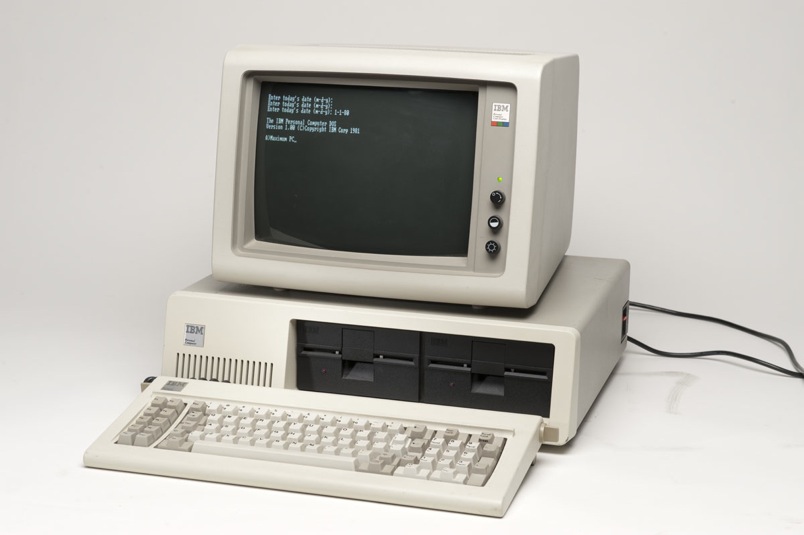Evolution of Computers
This digital age was born out of the evolution of computers all through time. It is undeniable that computers play vital functions in man's everyday life. In fact, computers have become staple part in households, offices and even to all individuals.
People are "wired" because of computers. Also, for many people, their computers have become their best buddies of all time. To fully appreciate the importance of computers, it is better to go back to memory lane.
This is the time wherein the evolution computers paved way for a good history in the making. Before the continuous combustion of the evolution- of computers, there was the Abacus.
Understanding the Evolution of Computers

Originated from Asia, Abacus is the first device created for counting. This was primarily used in the trade industry at that time. As time passed, the first mechanical digital calculator was invented by Blaise Pascal.
A breakthrough in the evolution computers was the introduction of binary system (instead of the decimal system) during 1840s. In 1890, the International Business Machines (IBM) was born.
This is another important aspect in the evolution computers. IBM is the one who introduced first this sort of data processor where it can store information. In 1944, IBM introduced the automatic digital computer.
During 1951-1959, the evolution computers took a serious stride. The first computer, UNIVACI, was sold commercially. Its main purpose before was for processing business dat.

In 1960, IBM designed the first all-purpose digital computers. The following year, the Common Business Oriented Language (COBOL) was introduced. The Internet started during 1969.
For the succeeding years, Apple Computer Inc. And Microsoft developed its respective Operating Systems (OS). Apple and Microsoft played essential roles in the evolution of computers.
The computer system has become what it is now because of this great evolution. As time succeeds, more changes and developments in the computer world will be embraced by the people.
See Also...




